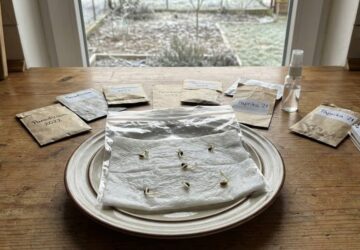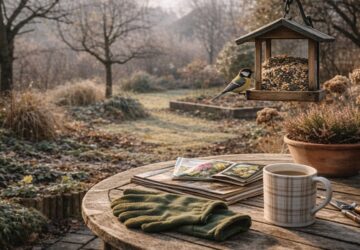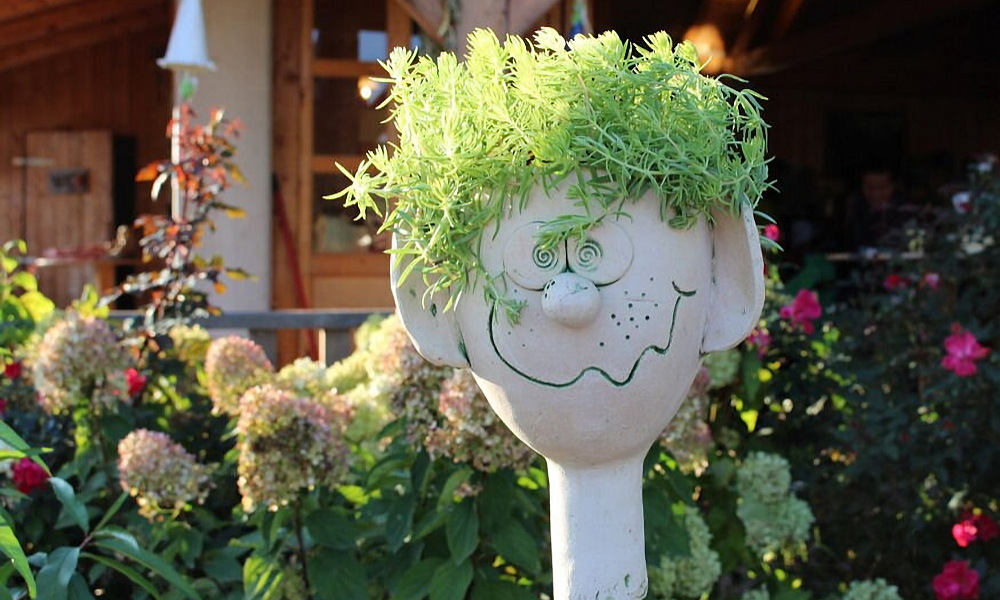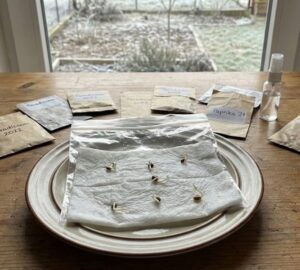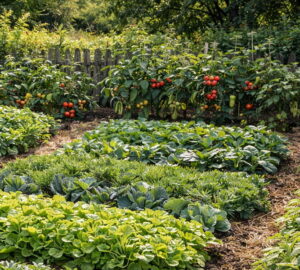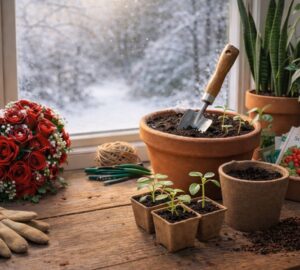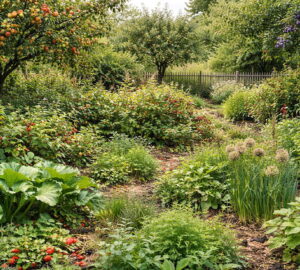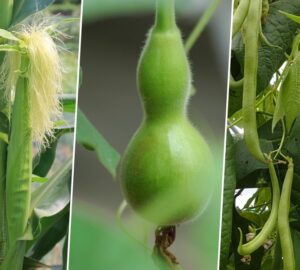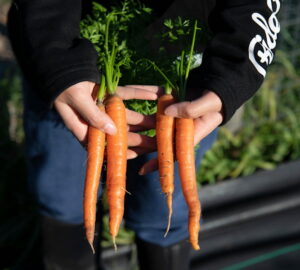Gardening can be a rewarding and relaxing hobby, but it comes with a learning curve. Many novice gardeners make mistakes that can hinder the growth of their plants or even cause serious damage. By understanding and avoiding these common pitfalls, you can create a flourishing garden. Here are some of the most frequent errors beginners make and how to avoid them.
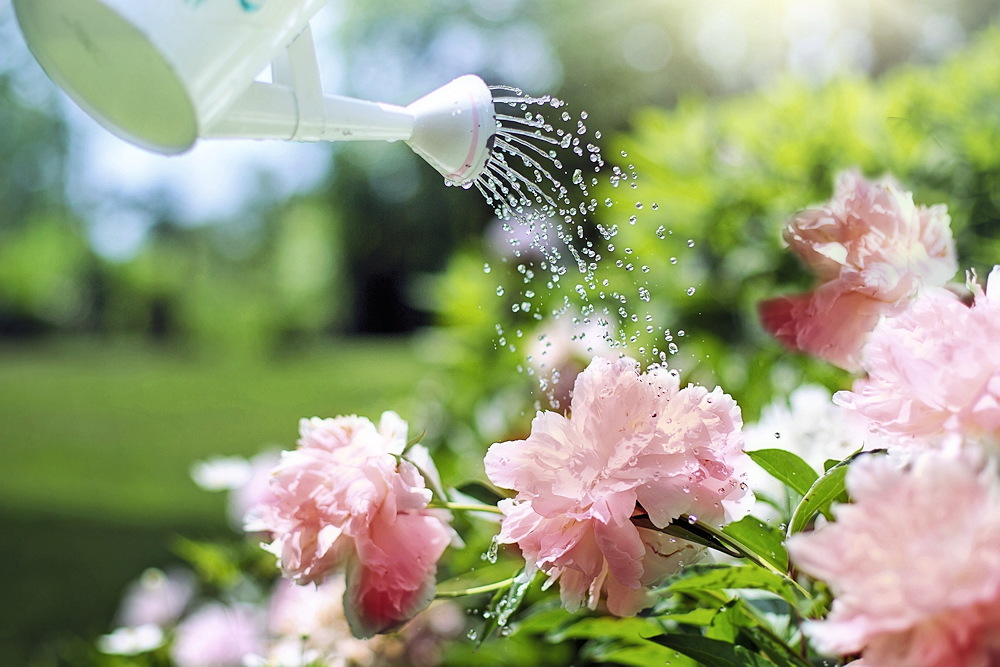
Overlooked Plant Growth: Giants vs. Dwarfs
One of the most common mistakes is not considering the different growth rates and heights of plants. This often results in larger, faster-growing plants overshadowing smaller, slower-growing ones. For example, planting a large ornamental plant with huge leaves next to a small pea plant can cause the pea plant to be overwhelmed and deprived of necessary sunlight. Always research the mature size and growth rate of each plant and space them accordingly to ensure they all receive adequate light and air circulation.
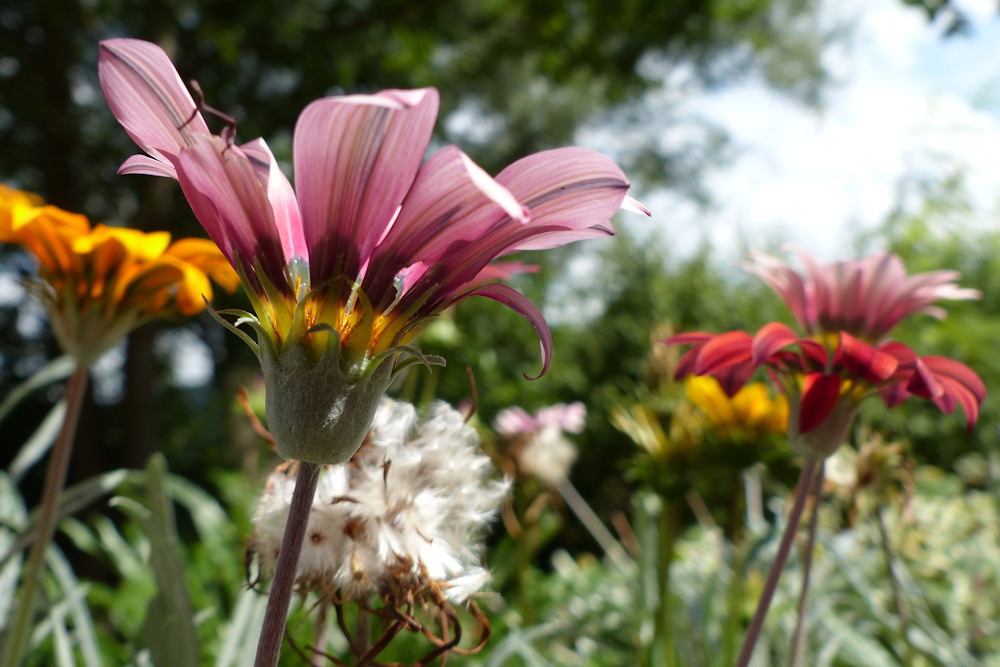
Crowding Catastrophes: The Perils of Overplanting
Another frequent error is planting too much of one type of plant or failing to thin seedlings. This can lead to overcrowded gardens, where plants compete for resources, resulting in poor growth and increased susceptibility to pests and diseases. Mint and lemongrass, for instance, are vigorous growers that can quickly take over a garden if not kept in check. Be mindful of the spacing recommendations on seed packets and thin seedlings to give each plant the room it needs to thrive.
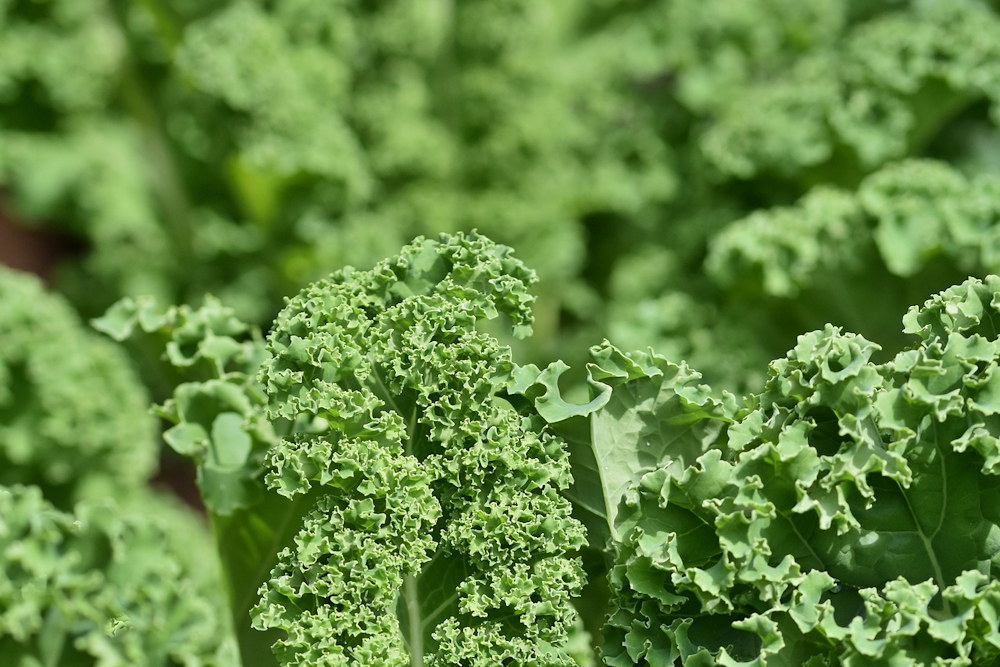
Soil Slip-Ups: The Dirt on Potted Plants
Potted and container plants, whether on balconies or patios, often suffer from poor soil conditions. Not all plants thrive in standard potting soil. Medicinal plants, for example, prefer nutrient-poor but well-drained soil and can struggle with waterlogged conditions in typical potting mixes. Special soil mixtures are needed for certain plants, such as cacti and rhododendrons. Ensure you use the right soil for each plant to promote healthy growth.
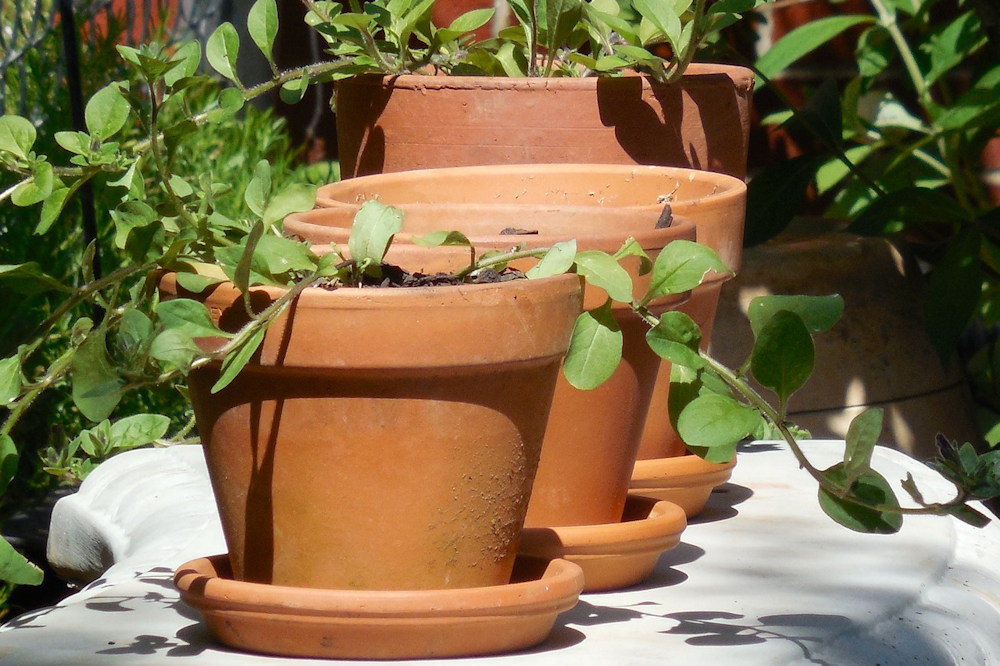
Indoor-Outdoor Mix-Ups: Right Plant, Wrong Place
Beginners sometimes mistakenly believe that moving plants indoors or outdoors can benefit them. However, some plants are specifically adapted to indoor or outdoor conditions. For instance, a ficus houseplant may thrive indoors but will likely freeze or suffer in cold temperatures if planted outdoors during winter. Conversely, certain outdoor plants may not survive well indoors due to inadequate light or humidity levels. Always consider the natural habitat and climate needs of your plants when deciding their placement.
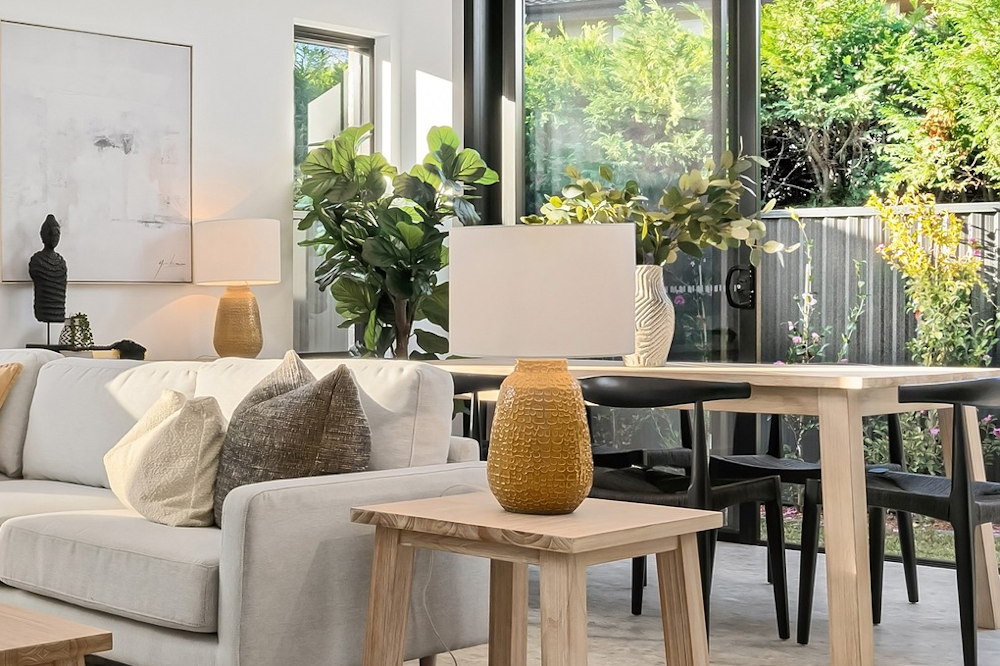
Substance Overload: When Too Much is Too Much
Enthusiastic gardeners may sometimes overuse substances like salt to control pests. An example is using too much salt to combat slugs, which can lead to an unintended consequence of salted soil, harming the plants. Instead, opt for more controlled and environmentally friendly methods of pest control, such as using diatomaceous earth or copper tape for slug barriers. Another example is over-fertilizing, where excessive nutrients can burn plant roots and lead to poor growth or even plant death. Always follow recommended guidelines for any substance to ensure the health and safety of your garden.
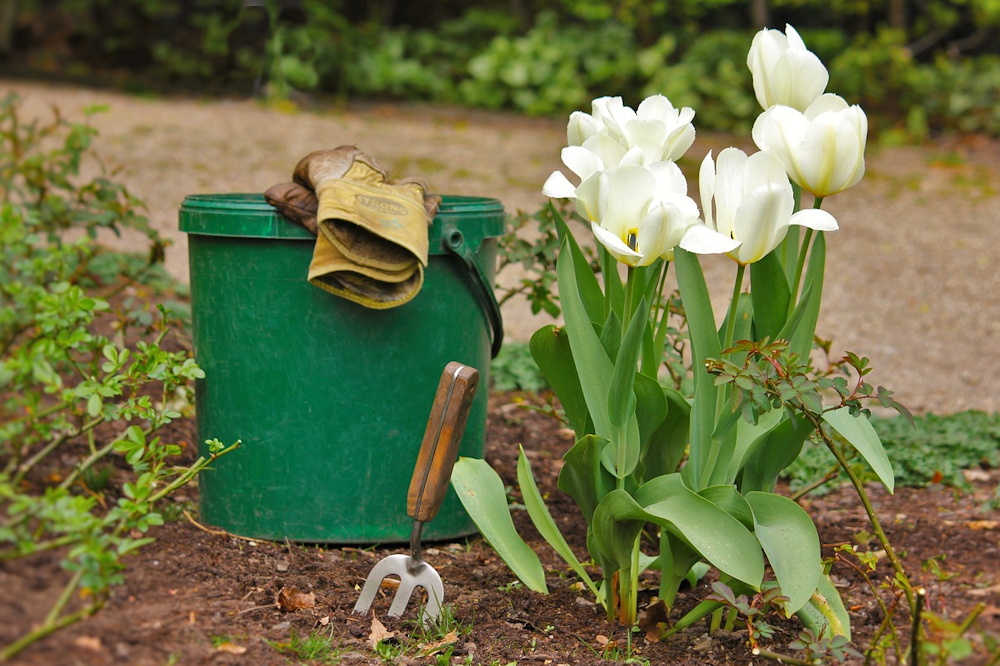
Safety Oversights: Gardening’s Hidden Hazards
Gardens can be hazardous places if tools and chemicals are not handled properly. Always use gardening tools with care and store them safely. Pesticides and other sprays should be locked up and clearly labeled to prevent accidental misuse. Wearing thick leather gloves during potentially dangerous tasks can also prevent injuries. Being mindful of garden safety not only protects you but also ensures a safe environment for family and visitors.
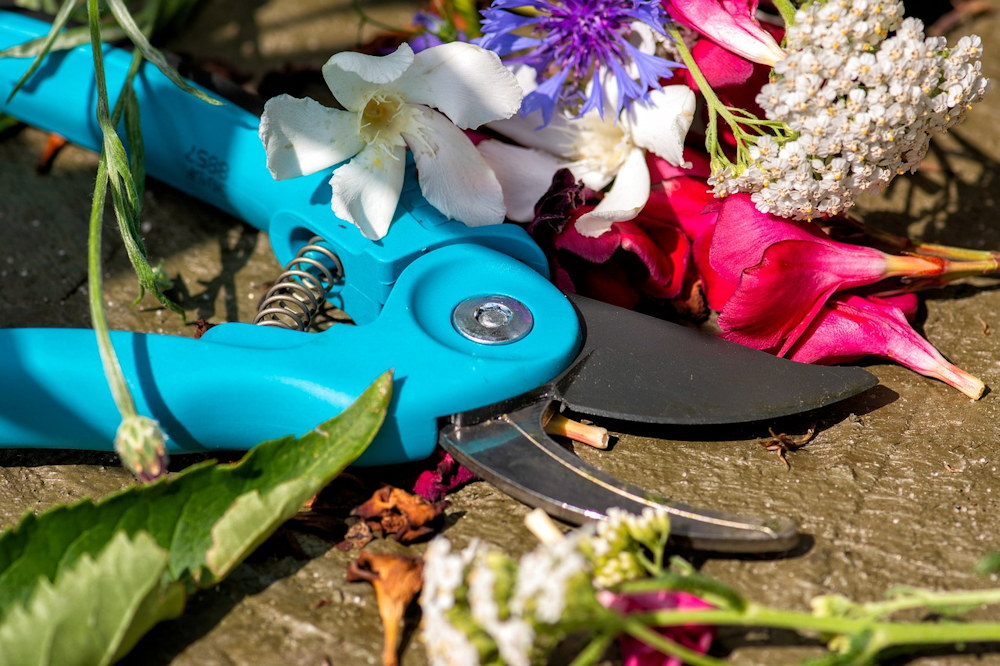
Wrapping Up: Cultivating Success in Your Garden
Gardening is an enriching and fulfilling pursuit, but it comes with its own set of challenges, especially for beginners. By being mindful of common mistakes and taking proactive steps to avoid them, you can cultivate a garden that is not only beautiful but also healthy and productive. Remember to plan carefully, use appropriate materials, and prioritize safety. With patience and attention to detail, your gardening efforts will surely blossom into success. Happy gardening!
